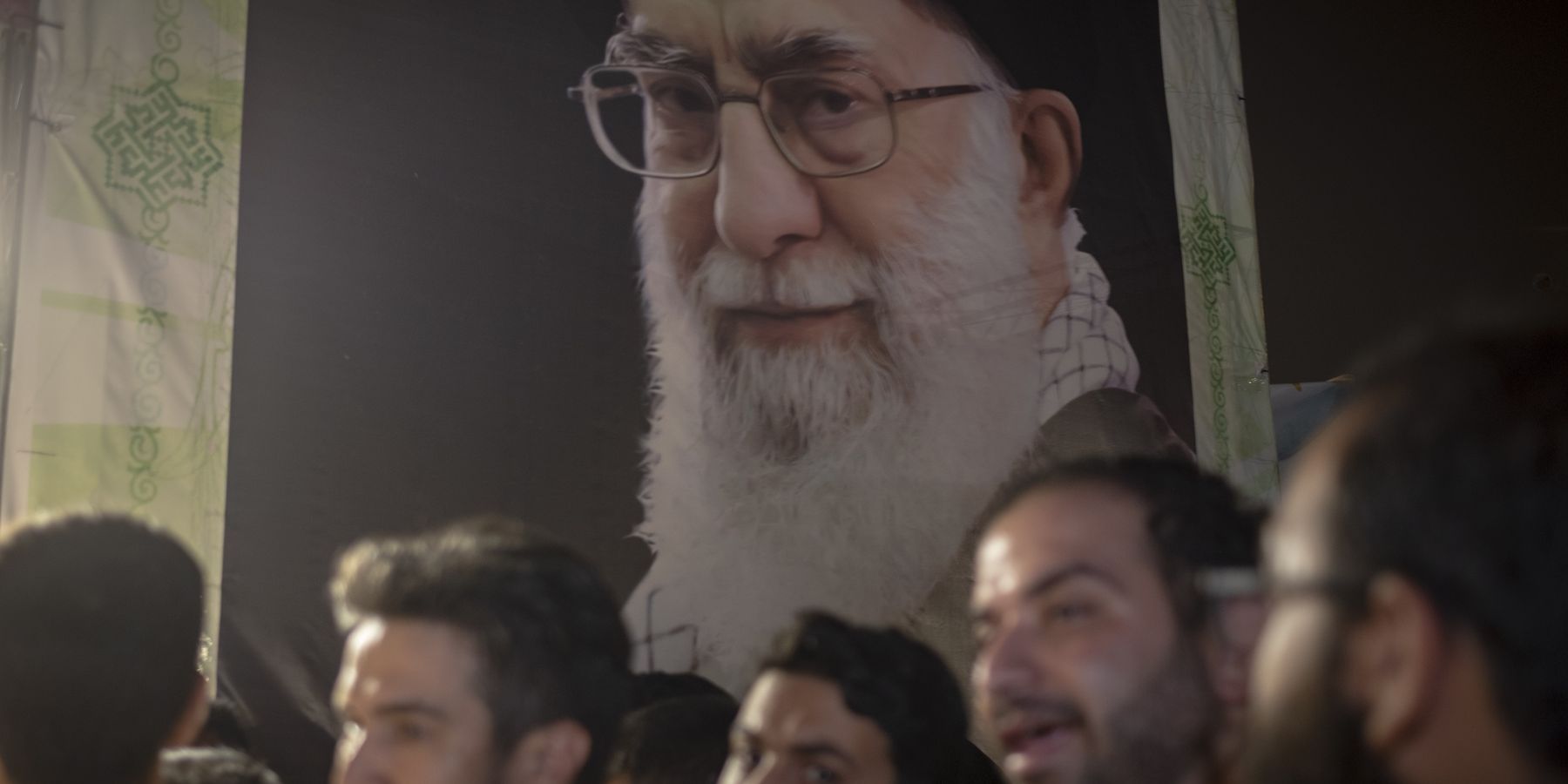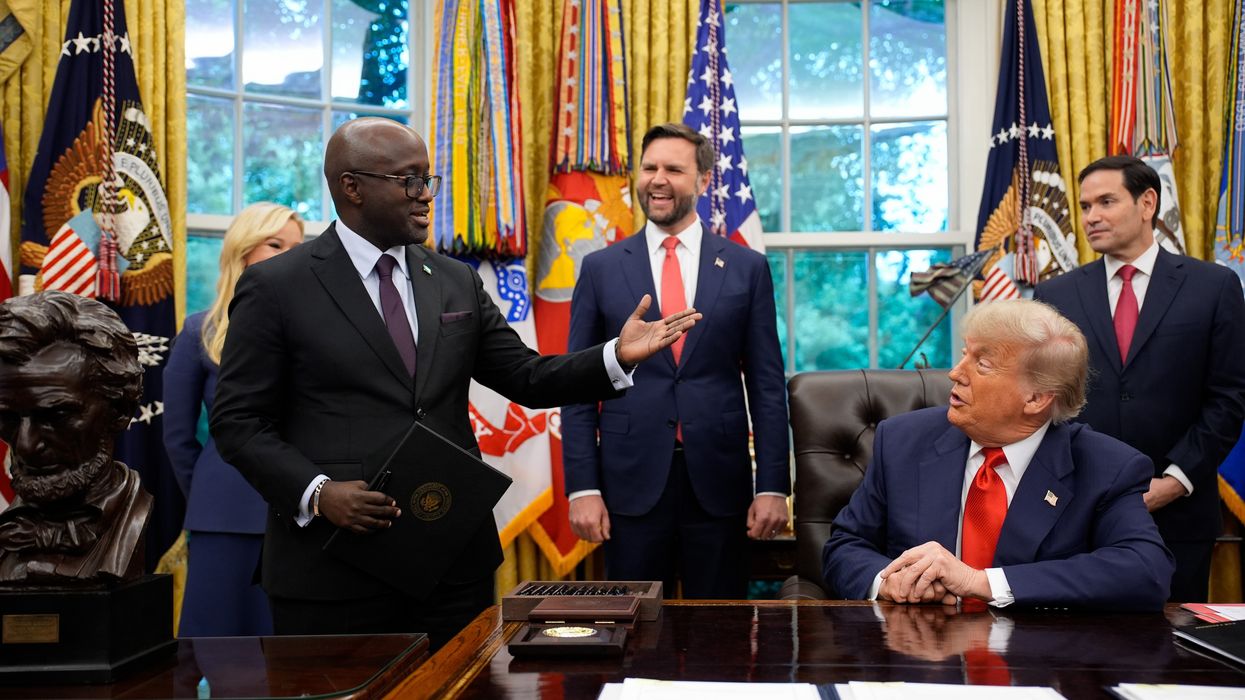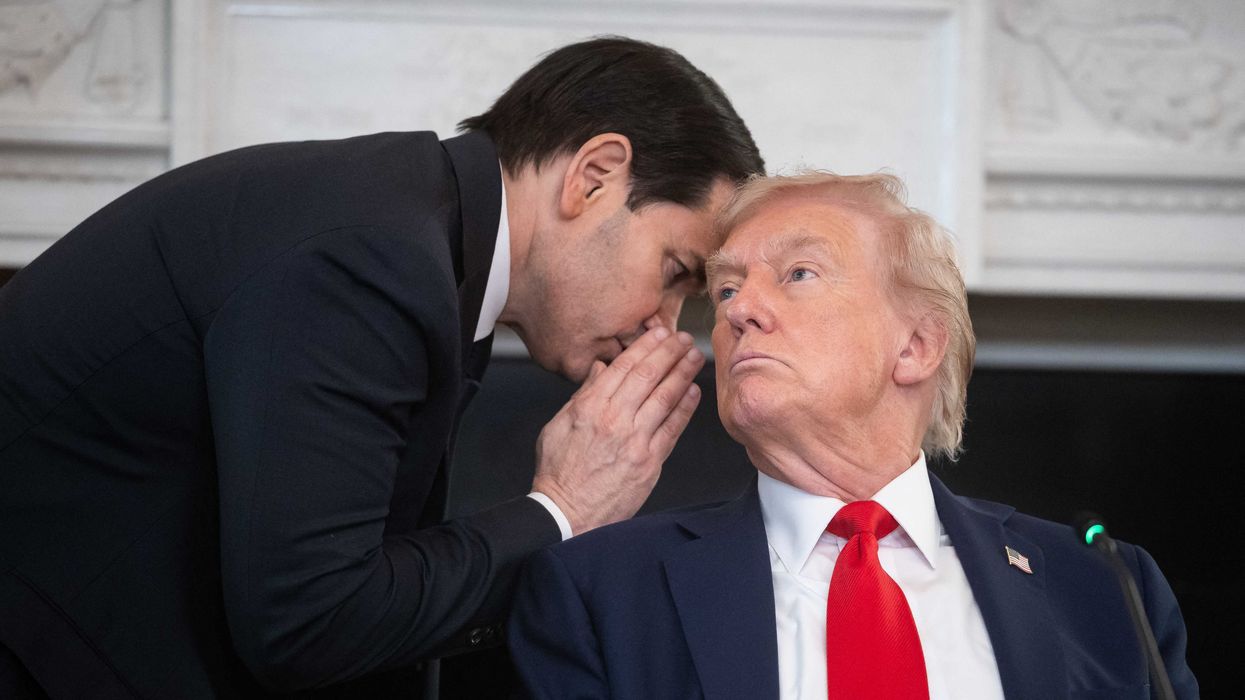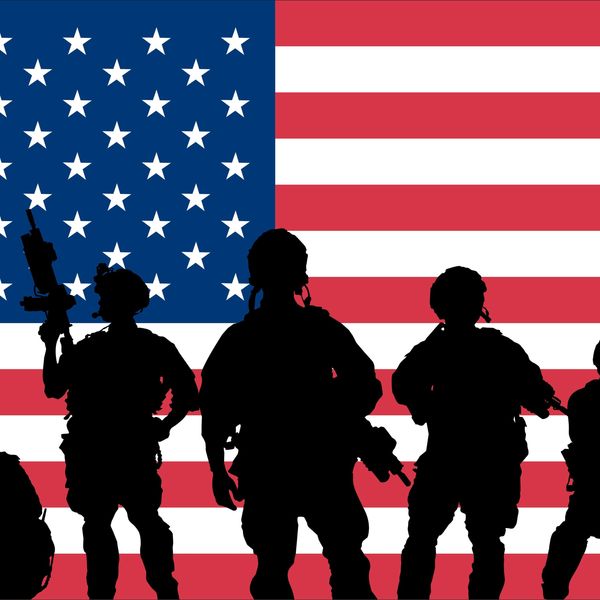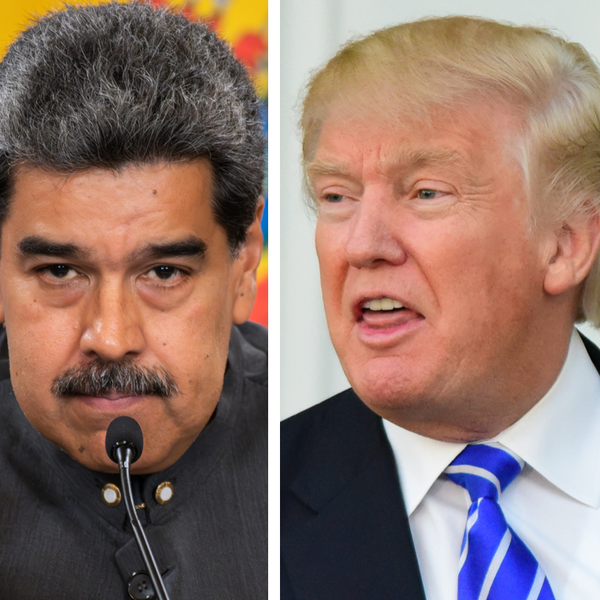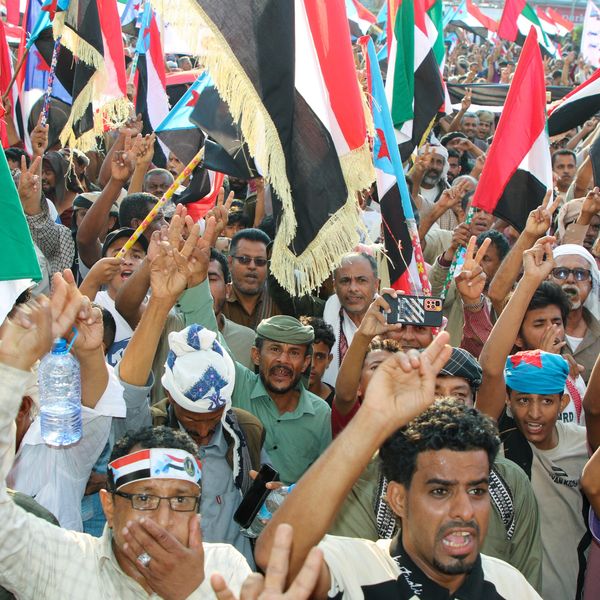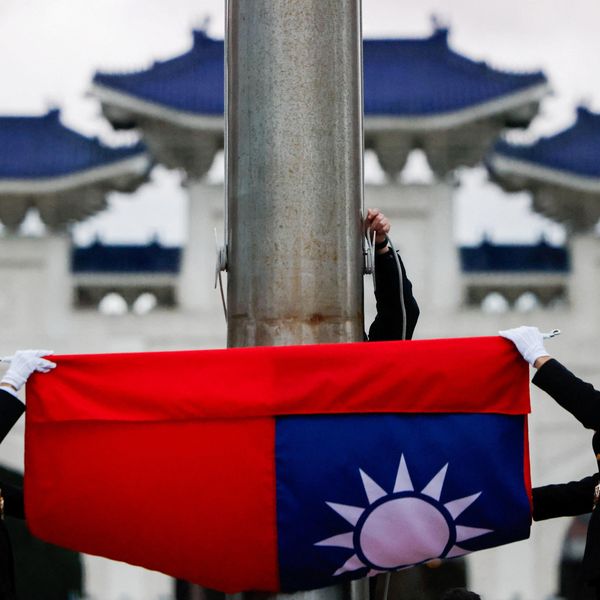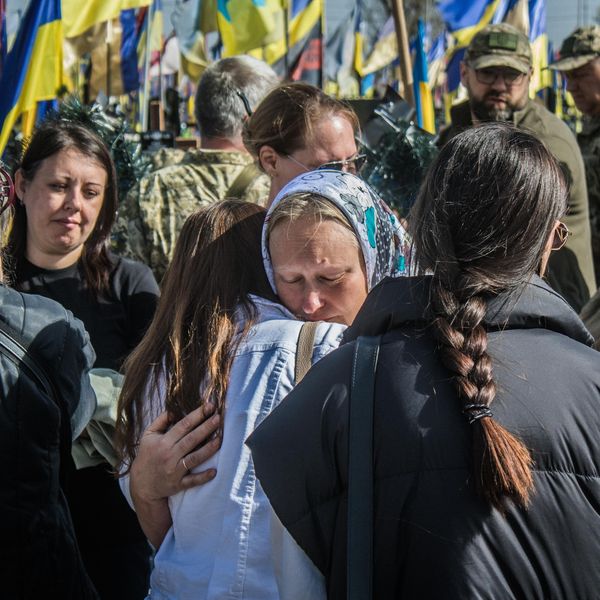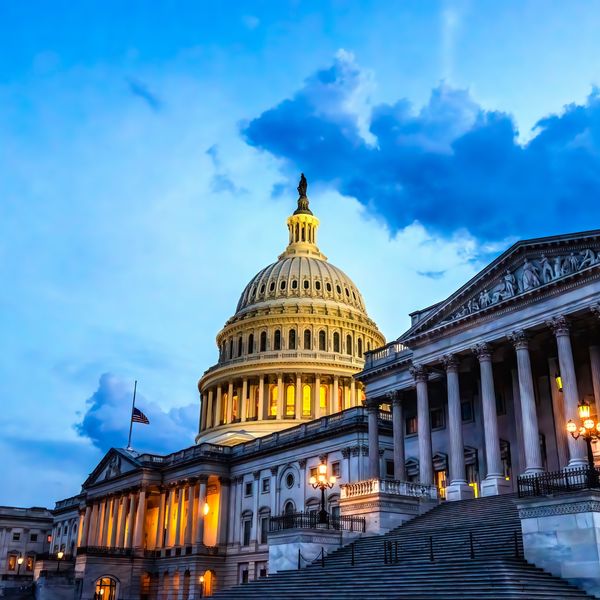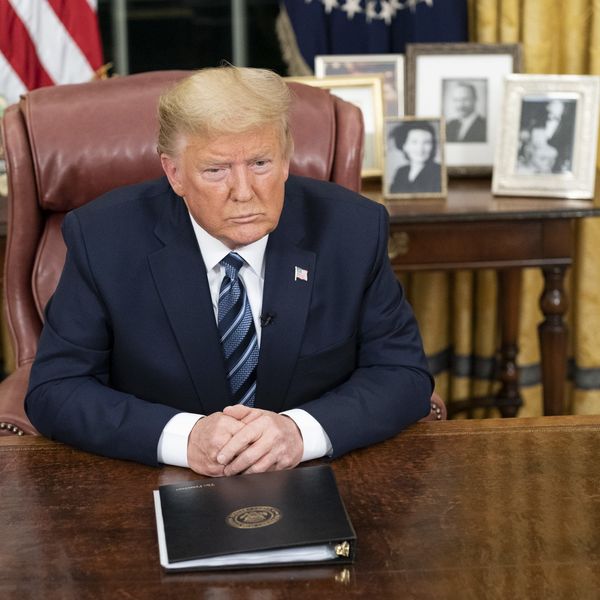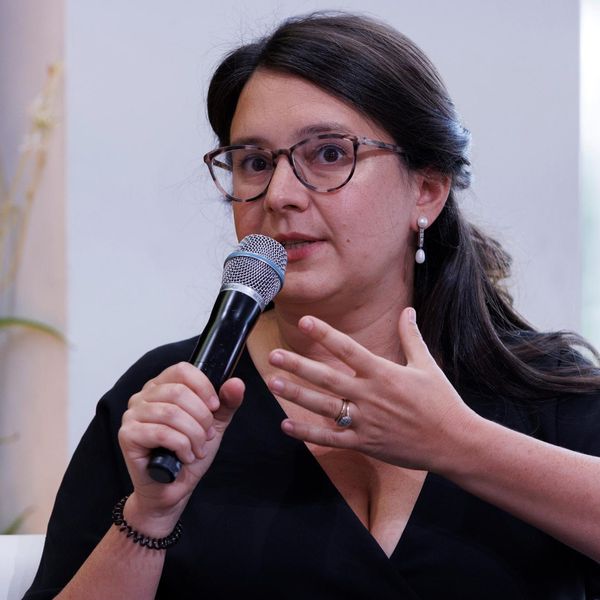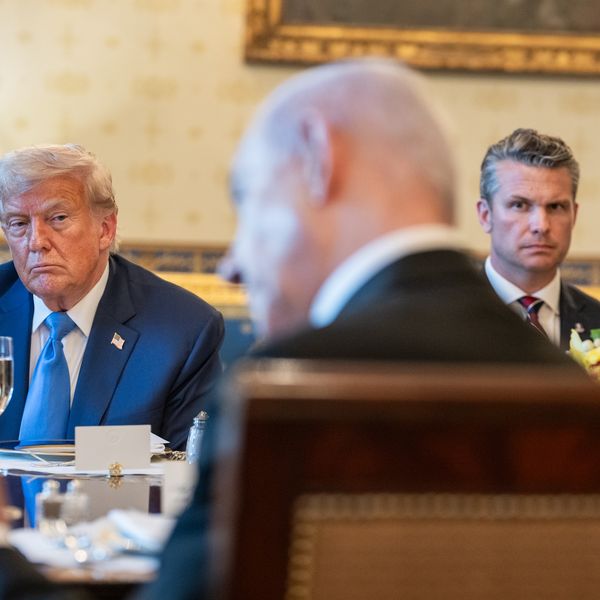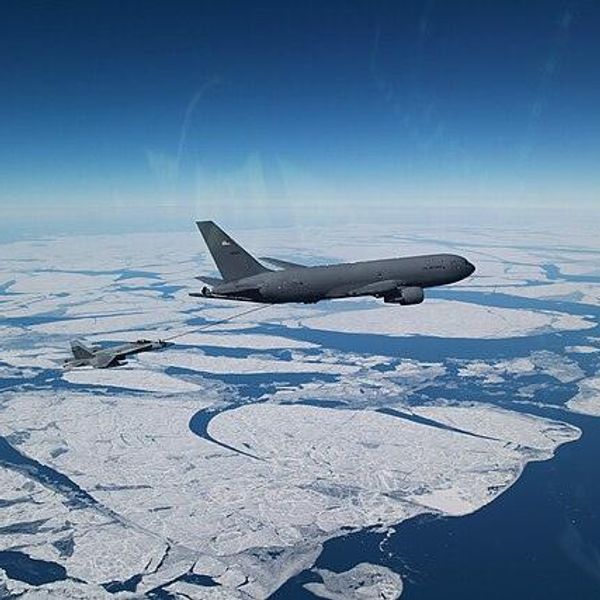The race to replace Iranian president Ebrahim Raisi, who perished in a plane crash last month, is on, with snap elections taking place this Friday. There are distinct world views on display, with the two anti-Western candidates clearly favored by Iran's supreme leader, Ayatollah Khamenei.
This is the third time the Islamic Republic has held snap elections. The first occurred in July 1981 following the impeachment of Abulhasan Banisadr. The second snap election took place in October 1981 after the assassination of Banisadr’s successor, Mohammad Ali Rajai.
Of the 287 seven people who registered to run in the elections, the Guardian Council — a 12-body member that vets the presidential candidates — has approved six candidates. Candidate Ghazizadeh Hashemi dropped out of the race Wednesday, without endorsing any other candidate.
Five of the candidates — discussed below — are from the conservative camp and Masoud Pezeshkian is the only reformist candidate. The Council also disqualified prominent politicians namely Ali Larijani, the former speaker of Majlis, and Eshaq Jahangiri, former President Hassan Rouhani’s vice president.
So who is who in these elections and what do they stand for?
Mohammad-Bagher Qalibaf
Qalibaf Is a former commander of IRGC’s Air Force, and the Law Enforcement Forces (LEF), and a veteran of the Iran-Iraq war. He previously served as the mayor of Tehran for 12 years, and is a third-time presidential candidate.
Qalibaf who wholds a PhD in Political Geography, is currently serving as the speaker of the Iranian parliament, the Majlis. Unlike other hardliner candidates in the race, he has underscored the impact of economic sanctions on Iran, vowing to lift the sanctions in a “step-by-step” approach. Qalibaf has attempted to brand himself as a pragmatic technocrat, and the “strongman” of the race.
Some reports, though unconfirmed, suggest that his advisors have already approached European officials, suggesting that when Khamenei dies, Qalibaf can be Iran’s “strongman.” Latest polls indicate that 14.7% of voters support Qalibaf, a 5 percent drop from last week. Qalibaf remains a controversial figure, because of his role in the crackdown of student movements in the 1990s, and corruption and embezzlement.
Masoud Pezeshkian
Masoud Pezeshkian is the only reformist candidate in the presidential race. A veteran of the Iran-Iraq war, he attended medical school after the conflict, specializing in cardiac surgery.
Pezeshkian is a former minister of health under reformist president Khatami, and served as the Deputy Speaker of the parliament from 2016 to 2020. He is one of the leading contenders in this race, with 24.4% of voters supporting him. This marks an increase from last week, when his support was at 19.8%.
Pezeshkian supports the JCPOA, and has strongly criticized hardliners over the nuclear agreement with the West Former presidentMuhammad Khatami and former foreign minister Mohammad Javad Zarif have openly supported Pezeshkian, with the latter publicly campaigning for him.
For Pezeshkian, the greatest challenge is the issue of voter turnout, as many have boycotted the elections. Current polls indicate an upward movement with 46.0 voter participation. It is noteworthy that Iranian hardliners were historically more successful in elections when the voter turnout was low. Both Raisi and former president Mahmoud Ahmadinejad won the presidency when the voter turnout was relatively low.
Mostafa Pourmohammadi
The only cleric among the contenders, Pourmohammadi is a conservative candidate who has emerged as the phenomenon of this race, often portraying himself more “reformist” than Pezeshkian. Pourmohammadi previously served as the minister of interior underAhmadinejad, and justice minister for Rouhani (2013-2017). His career is marred by his reported involvement in the mass execution of political prisoners and MEK sympathizers in 1988.
But Pourmohammadi has tried to rebrand himself as more reformist than Pezeshkian. During the debates, he openly criticized Jalili and the hardliners for their inability to prevent the passage of UN Security Resolutions against Iran. He has also expressed his support for the JCPOA, vowing to remove the sanctions, although like other candidates he has offered no specific policy solutions.
Despite his “rebranding” approach, Pourmohammadi’s polls do not look optimistic. Pourmohammadi’s odds for a win seem very low, with polls varying from 0.7% to 2% of voters supporting him. His dropout in favor of Pezeshkian could help him run against Saaed Jalili.
Saeed Jalili
Jalili is the leading hardline candidate in the race. A veteran of the Iran-Iraq war who lost part of his right leg in the conflict, he holds a PhD in Political Science from Imam Sadeq University, a key institution for educating revolutionary youth. He is a career foreign ministry official who also served as Secretary of the Supreme National Security Council, and Iran’s nuclear negotiator from 2007-2013.
It was during his tenure as the negotiator that the most severe and damaging UN Security Council resolutions were adopted against Iran. Jalili is known for his philosophical monologues in negotiations, and his live debates have not been much different.
On foreign policy, Jalili has long been a strong critic of engagement with the West, which he has called a “threat,” and argues that there is much more opportunity for Iran in the non-Western world. Jalili is a strong contender and some conservative outlets have called on other hardliners to drop out to support him. Polls indicate that Jaili is trailing Pezeshkian with 24% of the votes.
Alireza Zakani
(EDITOR'S NOTE: Zakani dropped out of the race on Thursday after this article was published).
Zakani is a conservative politician who is currently serving as the conservative mayor of Tehran. He previously served as a representative of Tehran in Majlis, and chaired the Special Overview Commission on JCPOA, but remained a strong critic of the nuclear agreement.
Zakani also ran in the presidential elections of 2021 but dropped out of the race. During the televised debates, Zakani rejected the “begging diplomacy,” in dealing with foreign nations, asserting that “Iran must become self-reliant to earn international respect.”
While he has admitted to the impact of sanctions, his approach prioritizes “neutralizing” the sanctions. Zakani’s tenure as the mayor of Tehran is marred with the establishment of Hijab-Baan or the Guardians of Hijab at Tehran’s metro stations after the Mahsa Movement faded. Zakani is the second “cover candidate” who is likely going to withdraw, especially since his chances of success are very low. Polls indicate that a mere 1.7% of voters support his candidacy.
What issues will matter to voters?
The June 28 elections in Iran revolve around the economy, foreign relations, and social freedoms. In reality, this is a battle between those who wish for an outward-looking Iran that engages with the world, and those who seek an isolated Iran.
All candidates have acknowledged the severe economic problems at home, but their approach to resolving the issue is fundamentally different. While Qalibaf, Pourmohammadi, and Pezeshkian have called for nuclear diplomacy to lift the sanctions, Jalili and Zakani have openly criticized engagement, instead emphasizing domestic opportunities.
It seems, however, that Khamenei has picked his side. In an unusual move, just days before the elections, Khamenei criticized those politicians who seek relations with the U.S., saying that if they succeed in this election, they should not turn to those who pursue relations with America.
"Those who are attached to America and think that without America's favor, nothing can be achieved in the country, will not be good partners for you," he added.
Pezeshkian, who favors improved relations with the U.S., faces dire challenges of voter turnout and Khamenei’s anger, who has long been skeptical of relations with Washington. If no conservative candidate drops out and the votes are split among them, a second round between Jalili and Pezeshkian, who offer two fundamentally different worldviews, would determine the fate of the presidency.

